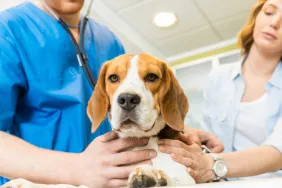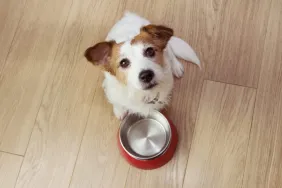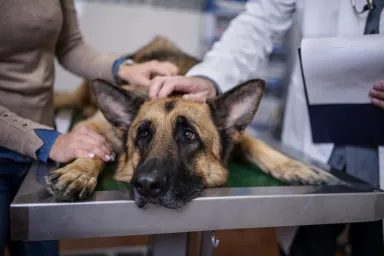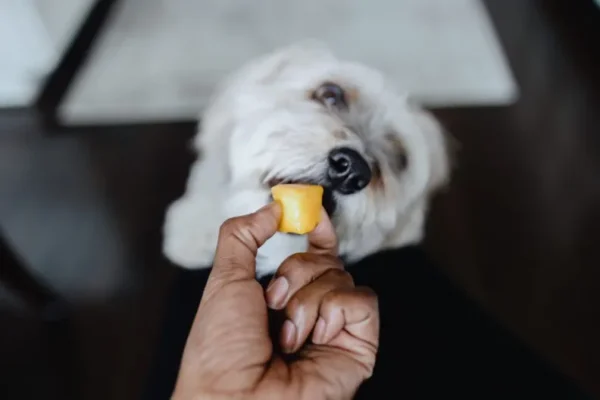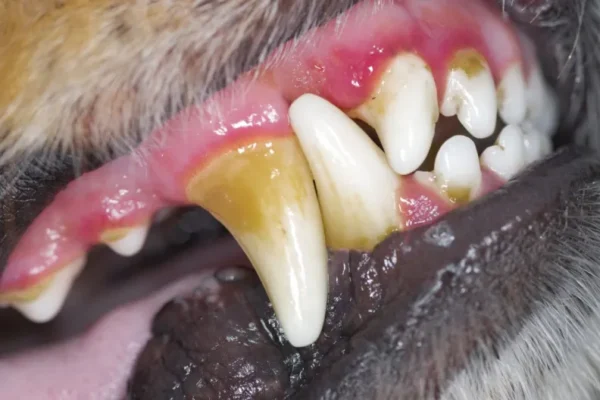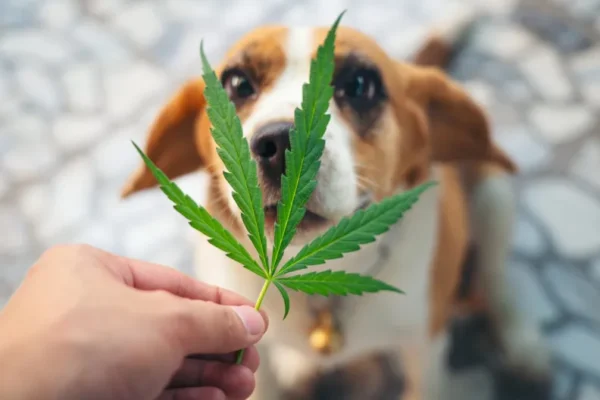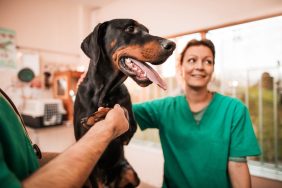
Thrombocytopenia In Dogs: Symptoms, Causes, & Treatments
Thrombocytopenia in dogs is a medical condition where the number of platelets, also known as thrombocytes, circulating in the blood becomes too low. A low platelet count can lead to problems like spontaneous bruising and bleeding. Thrombocytopenia is a common condition in dogs, and as many as five percent of all dogs who come into veterinary hospitals have it. It can be a condition on its own, or it can be a sign of another underlying medical problem.
